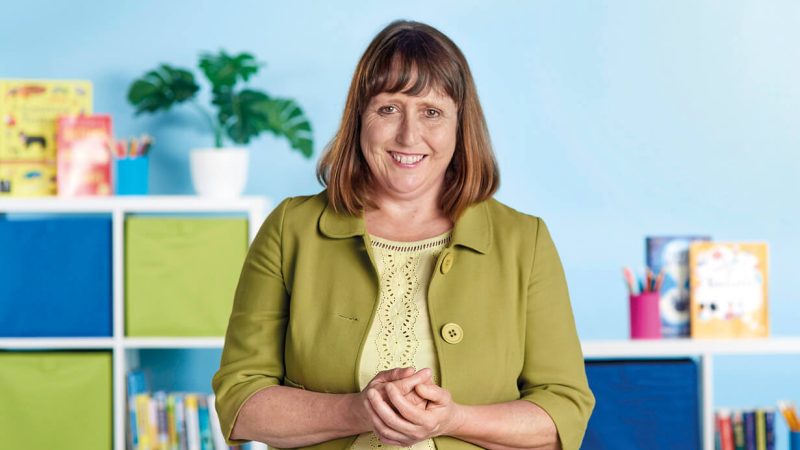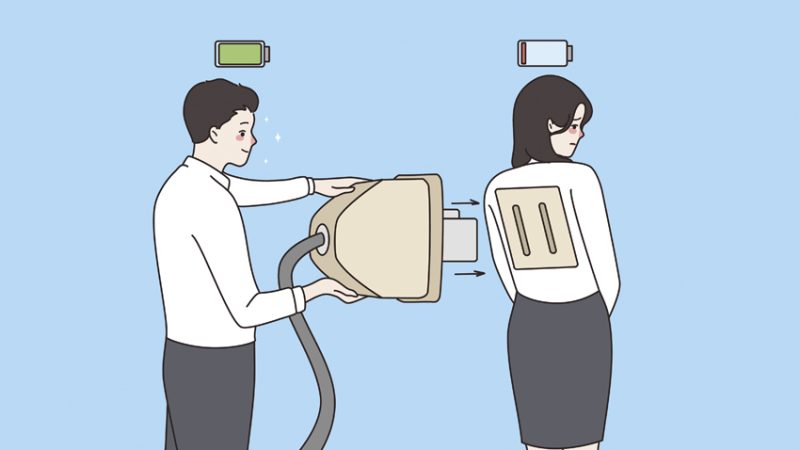There’s Nothing Wrong with Having High Expectations of NQTs from the Start

Yes, they're new to the job, but that doesn't mean you can't point out when things aren't up to scratch, says Julie Price Grimshaw

I’m often told that the teacher in a particular year group is ‘having some difficulty’ in getting the pupils to make progress. It’s then followed by the statement, ‘But she (or he) is only an NQT.’
Are mentors making allowances for inexperience or excuses for underperformance? The key to supporting newly qualified teachers is getting the balance right. What can we reasonably expect from NQTs – and what should we do, as mentors, to help them so that they don’t just survive but reach their full potential?
New teachers should have been through a rigorous teacher training programme. In order to be successful, they need to have met all of the Teachers’ Standards. So there’s nothing wrong with having high expectations of NQTs, especially as many of them will have had experience of working in schools before they started their training.
They should know how to plan learning, deliver engaging lessons and assess pupils’ achievement. If any of these basic things are not up to scratch, it’s perfectly reasonable to point this out, while offering the necessary support. What isn’t acceptable is knowing that a new teacher is underperforming but accepting it because he or she is ‘only an NQT.’
Last October I carried out a joint observation of an NQT with her mentor. We watched as she ploughed on, repeating an over-complex explanation of halves and quarters to a class who had been sitting on the carpet for a long time.
One shouted, ‘My bottom has gone to sleep.’ Others shuffled around, prodding each other. When one boy stood up and started to colour in a carrot with a crayon, I felt it was time to intervene. The mentor said that this was fairly typical of the teacher’s practice, but said, ‘I don’t really want to say anything yet because she’s an NQT and it’s only October.’
Ideally, new teachers should be happy to accept feedback. However, problems can arise when NQTs feel that they’re not held in high enough regard. One newly qualified teacher told me that he was very disappointed with his mentor’s feedback – which was perfectly reasonable and sensitively delivered.
‘When I was on the PGCE I was graded as an outstanding trainee,’ he said. Let’s get this straight. Teacher training providers generally grade trainees at the end of the course. Grade 3 means ‘meeting the standards at the minimum level’. Grades 1 and 2 are awarded to trainees who have met the standards above the minimum level. A grade 1 trainee is not necessarily an outstanding practitioner.
We need to understand that there may be times when it’s best to put aside the ‘trainee grade’ and look at the current picture. I’m happy to say that I’ve seen grade 3 trainees make incredible progress in the right school with the right support; I’ve also seen grade 1 trainees who, for various reasons, didn’t make it to the end of their NQT year.
I’d also say that if an NQT is clearly not happy in the job, the pupils are not making progress and there’s no sign of improvement, we are doing everyone a disservice by recommending that such a teacher should continue beyond that year. Essentially, there’s a good chance we’d be setting them up for failure in the future.
Nevertheless, the NQT year can be a fantastic experience and most will welcome the guidance they receive from experienced colleagues. As mentors, we should make sure that NQTs – like all teachers – aren’t overloaded with planning and marking. Last year’s reports on teacher workload give us sound advice on this.
It’s clearly not ideal for most to be placed with ‘high risk’ classes, such as Y2 or 6, if this can be avoided. But we should expect them to meet all the Teachers Standards from the very start. We should provide the right support and, in turn, they should be willing to accept feedback and learn from it.
I’ll finish by saying that some of the most inspiring teachers I’ve seen have been NQTs; they often have incredible ideas and amazing energy. Their mentors have high expectations of them and love to praise them for their efforts. None of them would ever be described as ‘only an NQT.’
Julie Price Grimshaw is a teacher, trainer and education adviser. She has been involved in school inspections since 2001. Find her at selfpropelledlearning.co.uk and on Twitter at @julespg.












